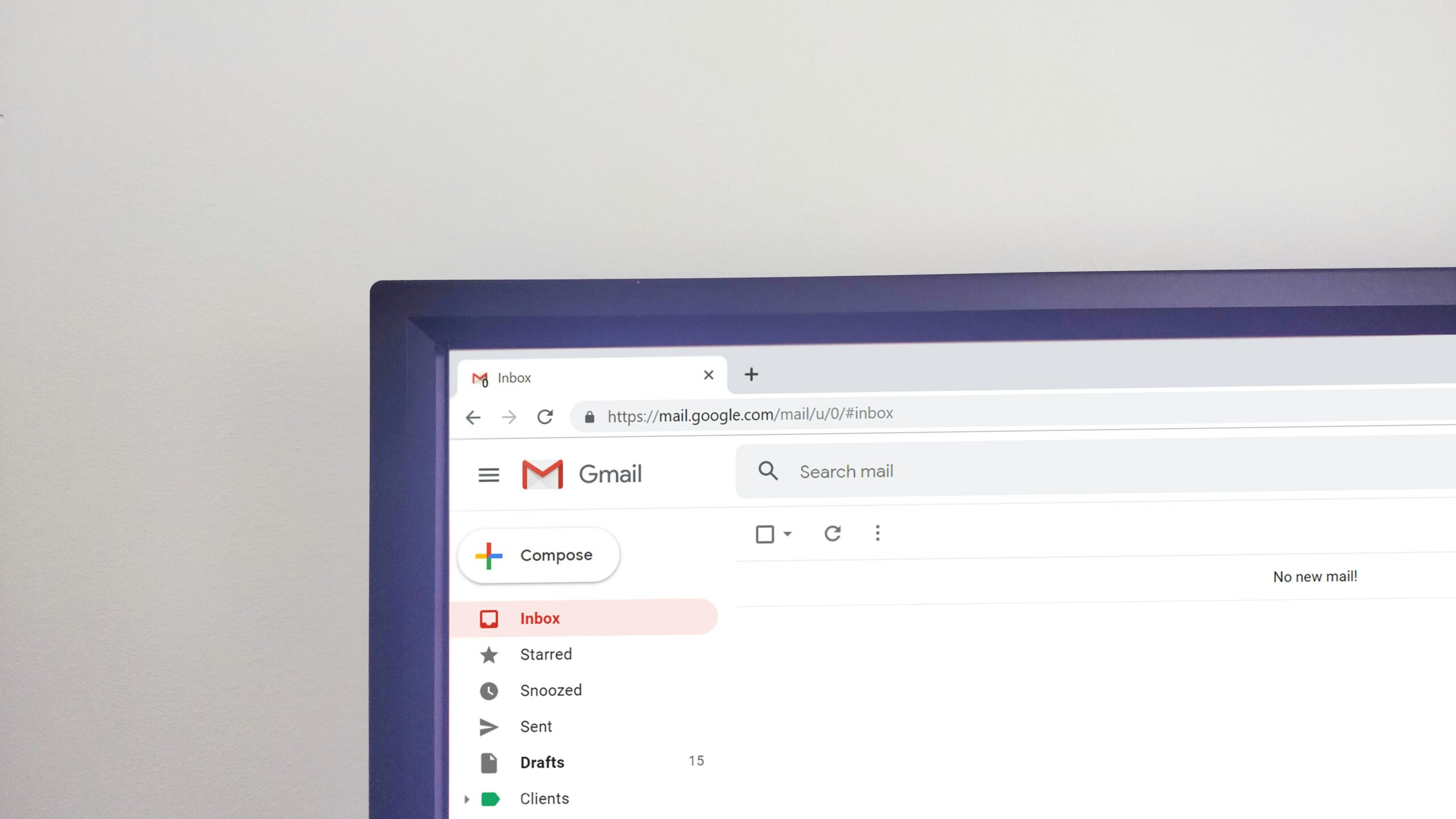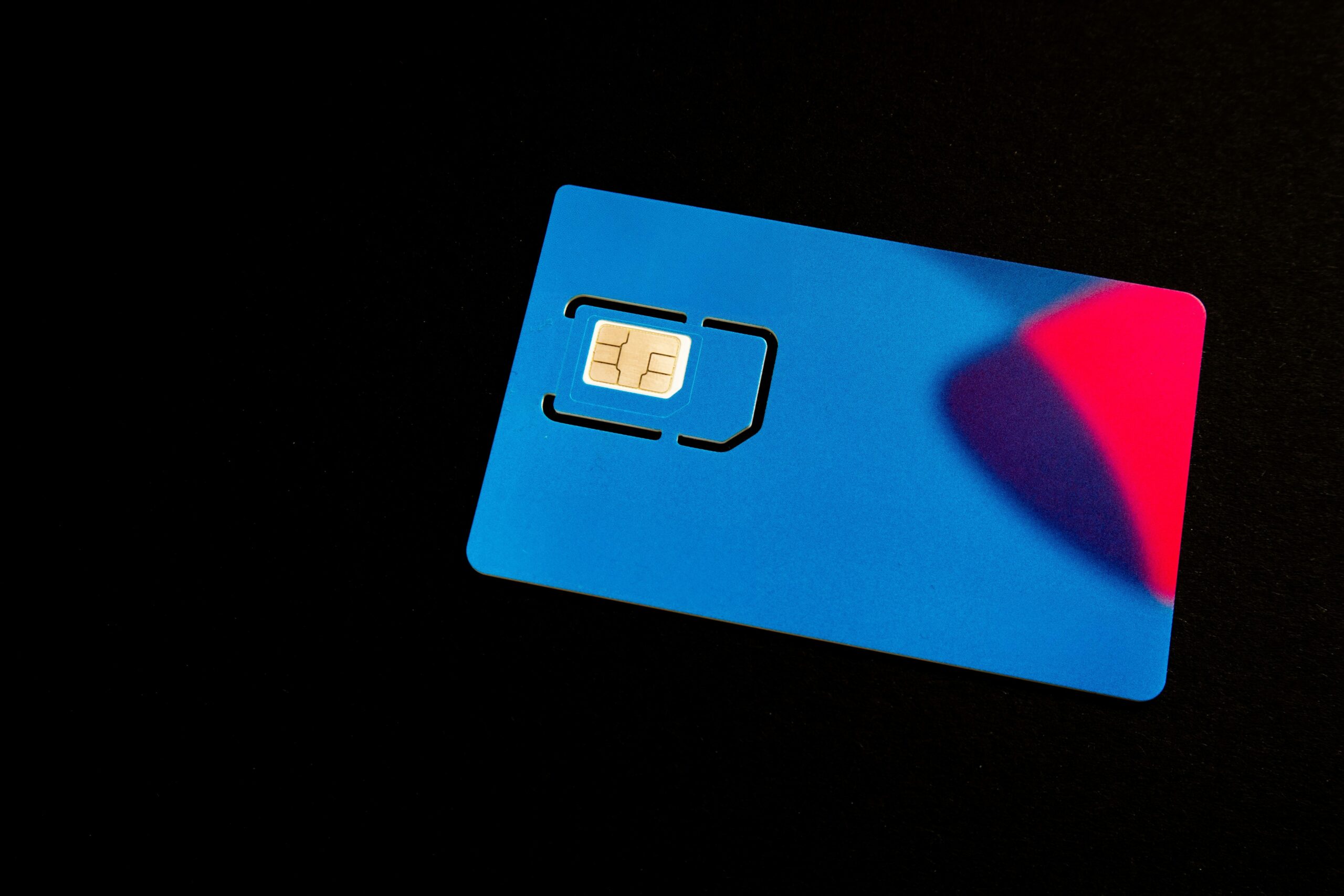Ever stared at an audit report wondering if it’s written in another language? You’re not alone. For personal finance enthusiasts navigating the murky waters of credit cards and political risk insurance, acing audits can feel like preparing for battle without knowing the rules. Spoiler alert: you don’t need to be scared—just prepared.
This guide dives deep into actionable Audit Preparedness Tips, helping you tackle audits tied to your credit card usage and political risk insurance policies like a pro. By the end, you’ll know how to organize records, spot common mistakes, and build confidence before auditors come knocking (because they always do).
Table of Contents
- Key Takeaways
- What Are Audits & Why Do They Matter for Personal Finance?
- Step-by-Step Guide to Audit Preparedness
- Top Audit Preparedness Tips You Need to Know
- Real-Life Examples of Audit Success Stories
- FAQs on Audit Preparedness
Key Takeaways
- Audits aren’t just for big businesses; individuals with complex finances (like those managing multiple credit cards or niche insurances) also face scrutiny.
- Organization is king: Keep receipts, statements, and policy documents neatly filed year-round.
- Don’t underestimate technology—digital tools streamline preparation and minimize errors.
- Political risk insurance adds unique layers of complexity—an audit here requires specialized knowledge.
What Are Audits & Why Do They Matter for Personal Finance?
Pretend you spent $50K last year traveling via points from rewards credit cards. Sounds genius, right? But what happens when the IRS raises an eyebrow about “unreported income”? Suddenly, that dream vacation feels more like tax purgatory.
In simpler terms:
- Credit card audits often target discrepancies between reported earnings/spending versus actual activity.
- With political risk insurance—which protects against losses due to geopolitical instability—audit requirements may involve proving compliance with specific clauses in your policy or verifying claims related to global events.

Optimist You: “But I’m organized!”
Grumpy You: “Yeah, until you find out one misplaced receipt could cost you hundreds.”
Step-by-Step Guide to Audit Preparedness
Step 1: Organize Your Records
Whether it’s credit card statements, travel logs, or policy renewals, keep everything accessible. Invest in cloud storage solutions like Google Drive or Dropbox.
Step 2: Understand Specific Audit Triggers
For example, excessive international transactions on your credit card might flag regulators. Similarly, any large claim filed under political risk insurance will likely invite scrutiny.
Step 3: Conduct Internal Reviews
Become your own auditor by reviewing past financial activities quarterly. This helps catch small issues before they snowball.
Top Audit Preparedness Tips You Need to Know
- Create a Document Repository: File digital copies of all relevant paperwork using clear naming conventions (e.g., “2024_CC_Statement_Jan”).
- Use Accounting Software: Apps like QuickBooks or Mint track expenses seamlessly while generating easy-to-read reports.
- Stay Updated on Policy Terms: Regularly revisit the fine print of your political risk insurance—it evolves as global risks shift.
- Prepare for Worst-Case Scenarios: Have backup proof ready, even for minor transactions.
- Beware Social Media Oversharing: Terrible Tip Alert! Posting pics of luxury vacations funded through reward miles won’t trigger audits directly, but oversharing invites unwanted attention.
Real-Life Examples of Audit Success Stories
Let’s rant real quick: If I had a nickel for every time someone ignored organization because “audits only happen to others,” I’d have paid off my student loans. Instead, let me share Jane’s story:
Jane, a globetrotter who relied heavily on her premium travel rewards card, got flagged after booking flights worth $15K over six months. Thanks to meticulously categorized monthly summaries—from hotel bookings to dining bills—she passed the audit unscathed. Moral of the story? Preparation pays off.

FAQs on Audit Preparedness
Q1: How long should I retain credit card statements?
A1: Retain them for at least seven years, especially if you claim deductions based on purchases.
Q2: Is political risk insurance mandatory for frequent travelers?
A2: Not mandatory, but highly recommended for regions prone to economic instability.
Q3: Can software replace professional accountants during audits?
A3: Partially. While tools simplify recordkeeping, pros bring expertise interpreting regulations.
Conclusion
Acquiring audit readiness isn’t glamorous—it sounds like your laptop fan during tax season: whirrrr. Yet avoiding chaos later makes it worthwhile. Follow these Audit Preparedness Tips, stay diligent, and sleep soundly knowing you’re ready for whatever comes next.
Oh, and remember: Like a Tamagotchi, your audit prep needs daily care—not just panicked last-minute feeding.



